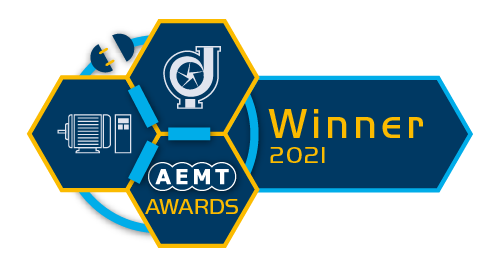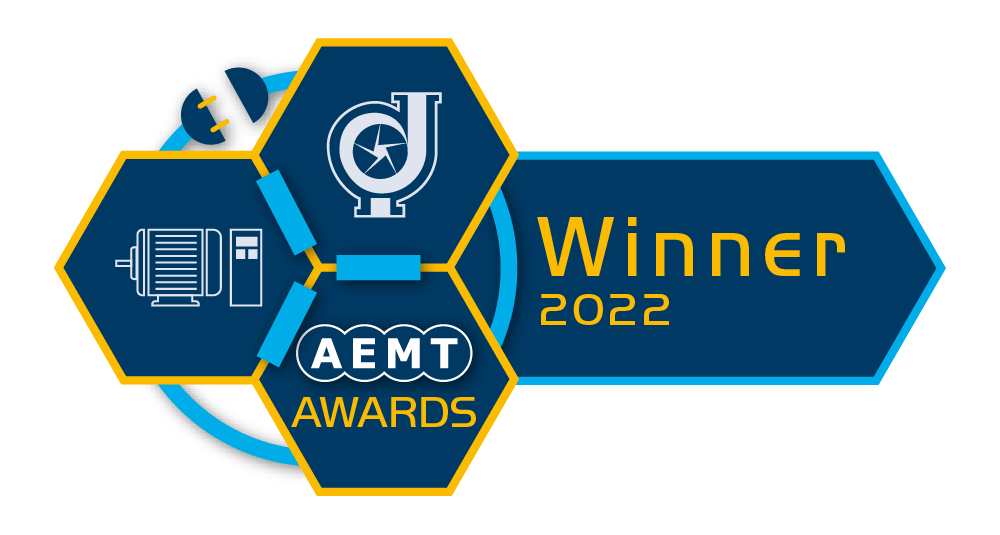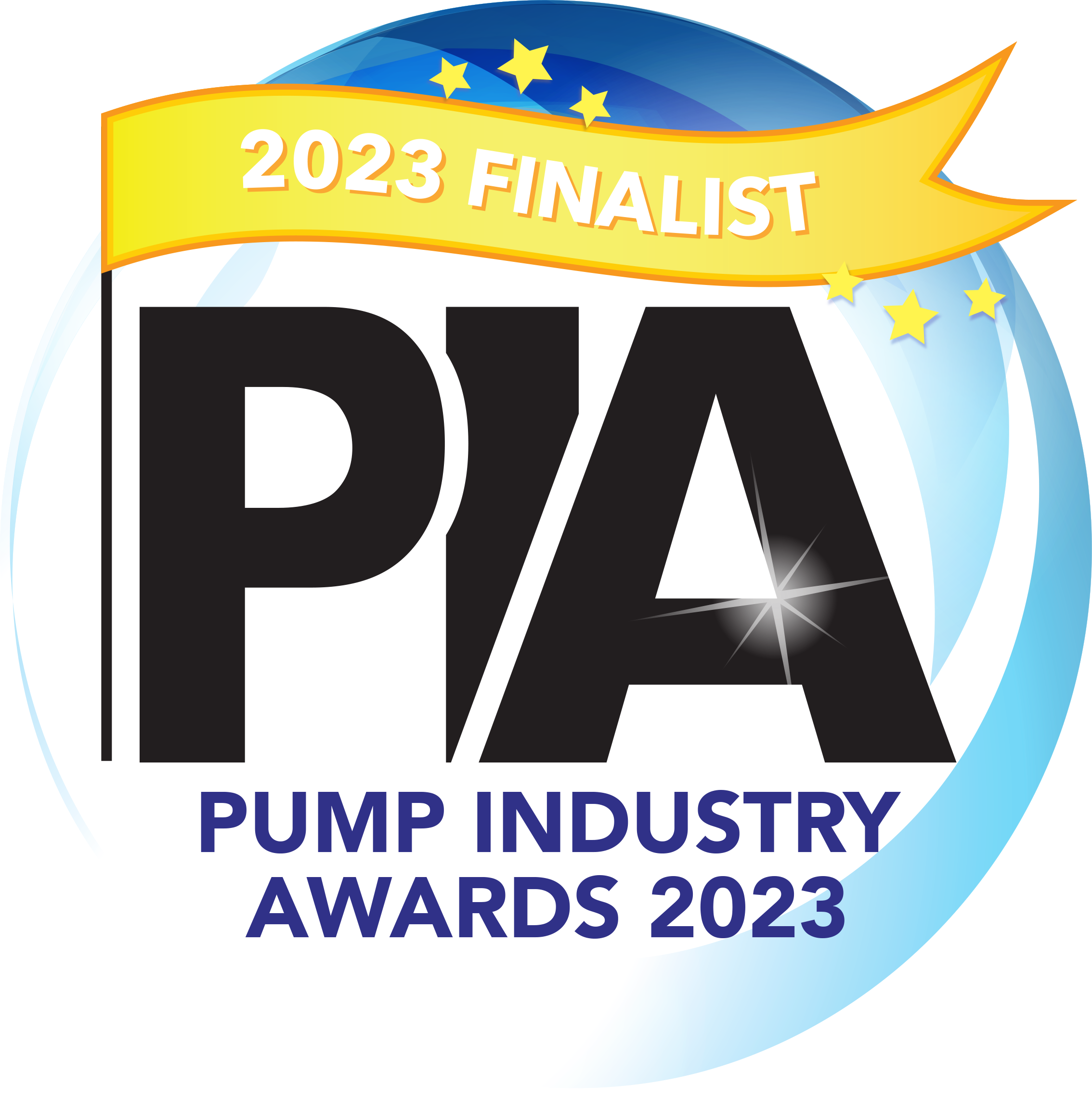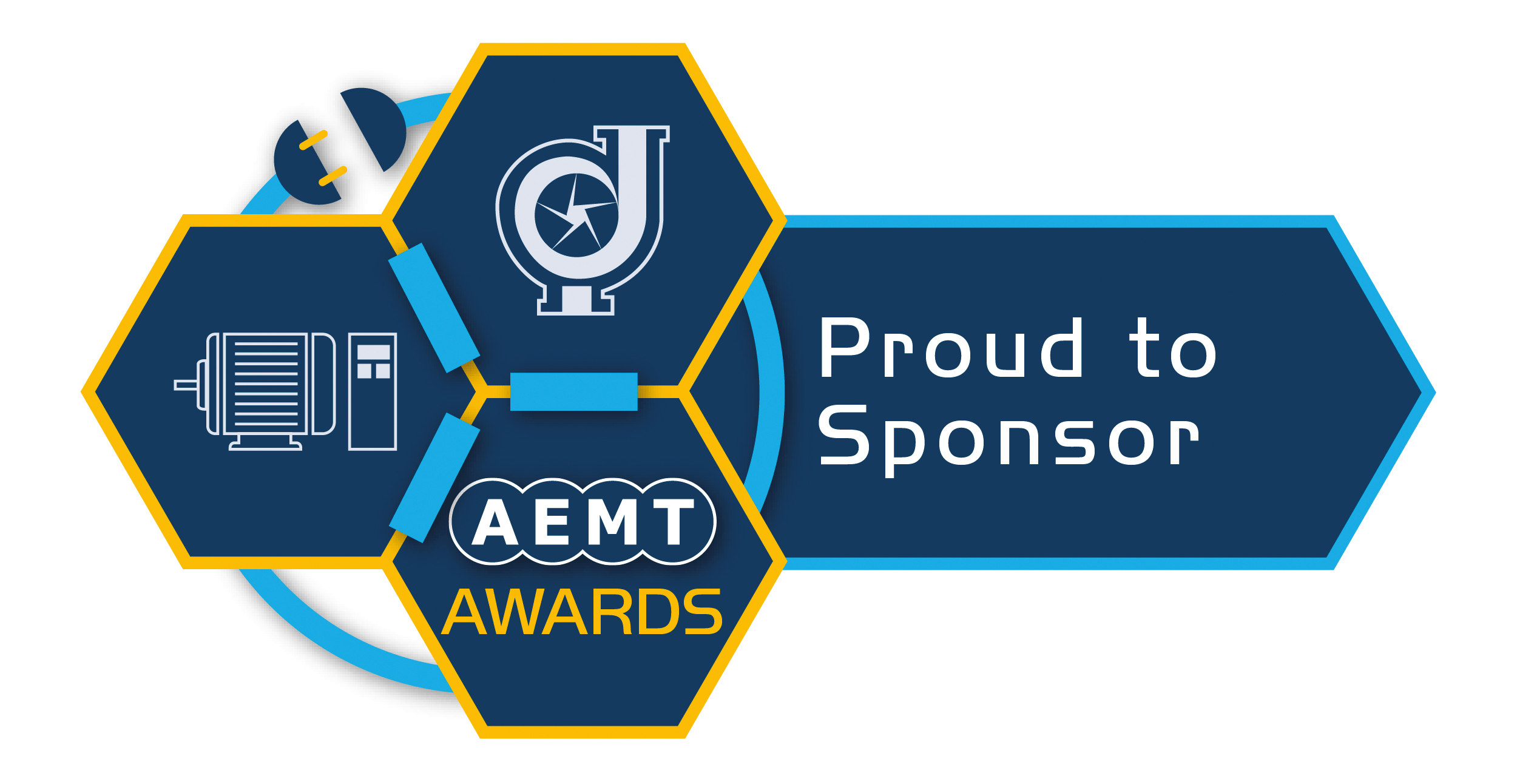CBI Conference 2017
22/11/17 AEMT President report from CBI Conference Nov 2017

Looking Forward!
I guess it is customary that when a new person takes over at the helm, it is a time to take stock of where we are and where we are going, and as newly elected President of the AEMT, that is certainly my thinking. So, it is with the AEMT in mind, that I attended the CBI conference in London on November 6th.
So, you may think, what does the CBI have to do with the AEMT or the electro-mechanical repair trade? Well, it has certainly become obvious that whilst the services offered by our members have been around for 100 years or more, our market and the players within it, are increasingly becoming global and increasingly technology lead.
Our international membership grows ever year, as does the wide range of exotic locations that the AEMT now trains and educates across the world. So, whilst we may all live in our “little bubbles” and most of our members’ customer bases are localised geographically, we are all becoming increasingly affected by global thinking and we shouldn’t hide our heads in the sand as to what is happening outside of our local area or indeed our “comfort zone”.
The CBI conference is very much about private sector businesses, especially larger ones, but as the AEMT’s membership of the CBI proves, the CBI represents nearly 90% of all private sector employment. When you are representing businesses at such a large scale, it is all about creating the right environment for businesses to thrive, so it inevitably has to involve government lobbying and an eye to technological advance and what that means for business survival, growth and development in the UK.
The list of the speakers at the CBI conference was extremely impressive, with both the prime minister, Theresa May, and the leader of the opposition, Jeremy Corbyn, given prime speaking slots, with both knowing that business votes are important in any election, and the success of business and the economy has a massive effect on how much revenue the government can raise in taxes to fund the NHS, schools and everything else!
Both Theresa May and Jeremy Corbyn were impressive speakers, as you would expect, and they actually agreed on many points around business policy. A common theme of the day was the concern over the nation’s productivity, with the current flat/decreasing productivity a real concern for all. It is not until productivity increases that businesses can afford to increase wages, with the “living wage” becoming the new minimum wage target for policy makers.
So, looking at your own organisation, how productive are your staff? What can you do to increase productivity - which means you will be earning more per employee and make more profit in your business, which can then ideally allow you to increase staff wages and share the wealth?
The first thing is to look at your processes and try and remove inefficiencies – paperwork is a big part of the electro-mechanical service process and how many times do people have to write down the same thing only for someone else to type it in again later? Try to remove that in your business as much as possible! The 2nd thing is to look at the skills base of your staff and invest in training. A less skilled/competent person will take longer to do the same job than a skilled worker. Also, how much is re-work costing you, because you haven’t done the job correctly in the first place? The skilling and re-skilling of your workforce should not be seen simply as cost, but actually as an investment in your future profitability.
There was also great debate on the economy in the light of Brexit, with many business leaders calling on the government to make faster progress on its plans, so businesses know where they stand and can plan for the future and continue to invest in their strategic plans without uncertainty holding them back with unnecessary effort and time spent on ‘no deal’ planning.
There were also fantastic speakers from Microsoft, Twitter, BT, Veolia, Accenture and many more on the “digital industrial revolution”. One direct impact of this is that the availability of cheap sensors will increasingly facilitate that all pumps & motors will be connected to the “cloud” and this will allow for online monitoring of the machines that you currently service. The cloud, through “machine learning” will tell you when an item needs to be serviced or has a problem, and this will increasingly replace the need for onsite “conditioning monitoring” visits. This is a big change that will affect AEMT members and it is something you need to be aware of as it is happening now! I plan to write a separate article on the Digital Revolution for future editions of the journal and for presentation at AEMT meetings, so please keep an eye out for more info and look to attend an AEMT meeting soon.
The world is changing and full of opportunities, especially for those with their eyes open, so let’s make sure that the AEMT and its members are amongst those staring wide-eyed at an exciting future!
All the best,
Gary Downes
AEMT President








